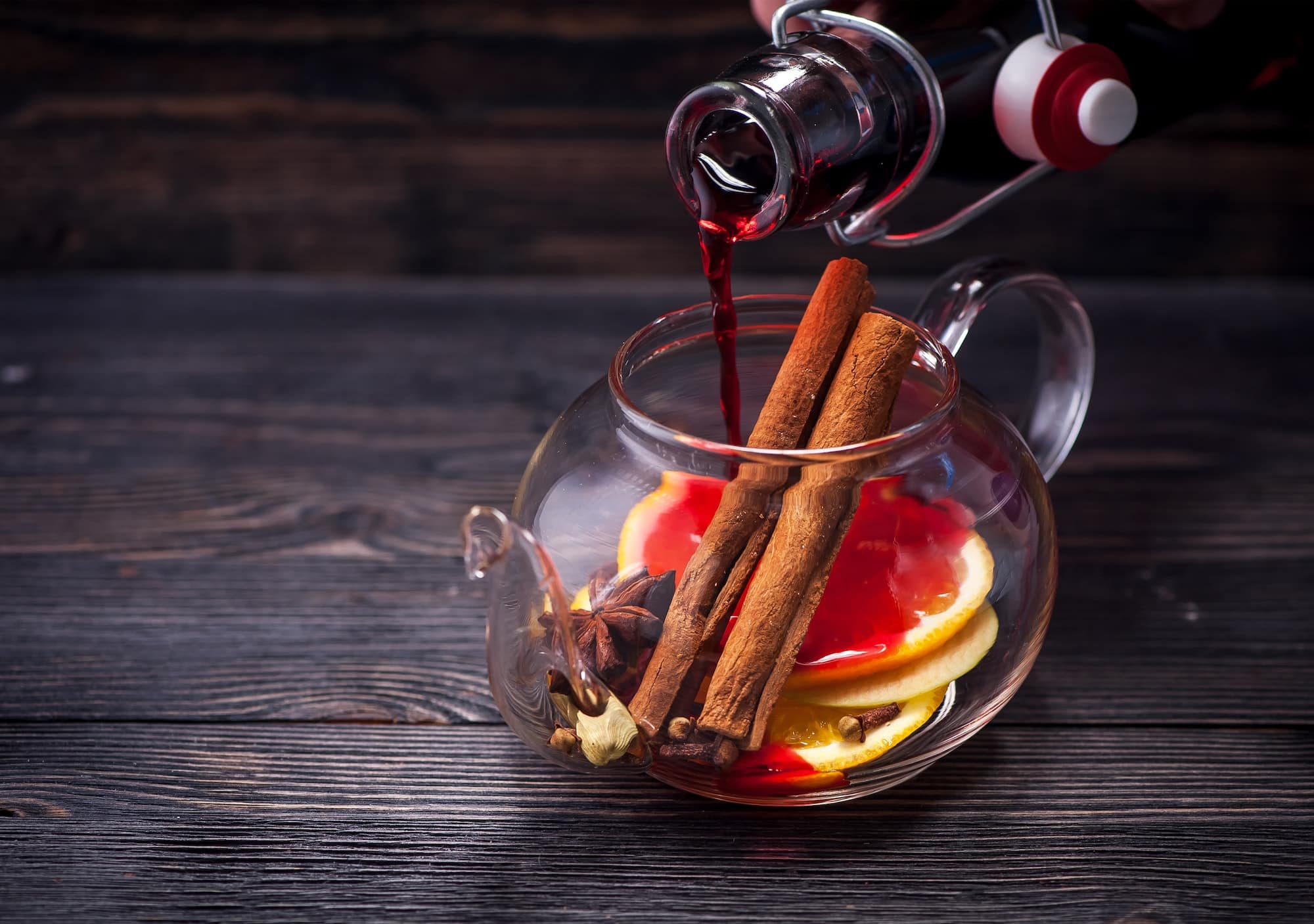What’s the Best Way to Make a Fragrant Moroccan Preserved Lemon for Tagines?

Preserved lemons are a staple in many Moroccan dishes, particularly tagines. Their bright, unique flavor adds depth and zing to any meal, transforming it into a culinary adventure. But what is the best way to make these lemons? How do you incorporate them into your dishes? This article aims to answer these questions, offering you a simple, yet authentic recipe for making preserved lemons. You’ll learn how to properly store them in a jar, how to add them to a traditional Moroccan chicken tagine, and how to enhance the flavor using simple ingredients like salt, pepper, and olives.
The Art of Preserving Lemons
The preservation process is the key to unlocking the extraordinary taste of the lemons. It’s simple, but it requires patience and precision. The two main ingredients you need are lemons and salt, but there are a few other elements that will help enhance the flavor.
Lire également : How to Create a Gourmet Shrimp Cocktail with a Spicy Horseradish Sauce?
Start by selecting fresh, organic lemons. The size and variety of the lemon will determine the flavor and texture of your preserved lemons. Smaller lemons, like Meyer or Eureka, are perfect due to their thin skin and juicy flesh.
Once you’ve chosen your lemons, the next step is to clean them thoroughly. Rinse them under cold water, scrubbing lightly to remove any dirt or wax coating. Then, cut the lemons into quarters, but make sure not to separate them completely at the bottom.
Dans le meme genre : What’s the Secret to a Perfectly Balanced Vietnamese Pho with Beef and Noodles?
Now, it’s time to add the salt. Sprinkle a generous amount of kosher or sea salt into the cut sides of the lemons. The salt acts as a preservative, drawing out the juice and enhancing the lemon’s natural flavors.
After salting, pack the lemons into a clean jar as tightly as possible. As you press the lemons in, more juice will be released, helping to preserve the lemons.
How to Store Preserved Lemons
Storing your preserved lemons correctly is crucial to maintaining their flavor. Fill up the jar with the freshly squeezed lemon juice, ensuring all the lemons are submerged. Add a couple of bay leaves, some whole peppercorns, and a cinnamon stick for extra flavor.
Close the jar and let it sit at room temperature. It’s important to turn the jar upside down every couple of days to redistribute the salt and juice. After about 30 days, you’ll have perfectly preserved lemons ready to use in your recipes. After opening, store the jar in the refrigerator to keep the lemons fresh.
The Role of Preserved Lemons in Moroccan Cooking
Preserved lemons are an essential ingredient in many traditional Moroccan dishes. They add a unique tang and depth of flavor that can’t be replicated with fresh lemons or lemon juice. Their distinct taste is the result of the fermentation process, which mellows the tartness and intensifies the citrus flavors.
One of the most popular dishes using preserved lemons is the Moroccan chicken tagine. A tagine is a slow-cooked stew, named after the earthenware pot it’s cooked in. The preserved lemons add a fragrant touch to the dish, balancing the rich, savory flavors of the chicken, olives, and spices.
Recipe for Moroccan Chicken Tagine with Preserved Lemons
This Moroccan chicken tagine recipe showcases the preserved lemons in all their glory.
What you’ll need:
- 2 preserved lemons
- 1 whole chicken, cut into pieces
- 2 onions, chopped
- 3 cloves of garlic, minced
- 1 teaspoon of ground ginger
- 1 teaspoon of ground cumin
- 1/2 teaspoon of ground pepper
- A pinch of saffron
- 1 cup of green olives
- 2 tablespoons of olive oil
- Fresh cilantro and parsley for garnish
Start by sautéing the onions and garlic in the olive oil until they’re soft. Add the chicken pieces and brown them for a few minutes on each side. Add the spices, chopped preserved lemons, and olives. Cover the tagine and let it simmer on low heat for about 60 minutes, until the chicken is tender and the flavors are well blended.
This dish is traditionally served with couscous or bread on the side to soak up the flavorful sauce. The preserved lemons add a tangy brightness that enlivens the tagine, making it a meal to remember.
With this knowledge of making preserved lemons and how to use them in a Moroccan tagine, you’re well on your way to creating authentic Moroccan dishes that will transport your tastebuds to the vibrant streets of Marrakech. Enjoy your cooking adventure!
Additional Recipes Incorporating Preserved Lemons
We’ve already talked about how preserved lemons can enrich your Moroccan chicken tagine, but there are countless other ways to use these fragrant ingredients in your cooking. The intense citrus flavor of preserved lemons can add depth to a variety of dishes, from salads and soups to pasta and seafood.
One noteworthy variation is a preserved lemon pasta. The tartness of the lemons pairs beautifully with the richness of olive oil and parmesan. Simply dice a preserved lemon and sauté it in olive oil with some garlic. Toss this with freshly cooked spaghetti and a generous helping of grated parmesan. The result is a simple yet flavorful pasta dish that’s sure to impress.
Seafood is another great avenue for preserved lemons, especially in a medley with green olives and chicken thighs. Use a Dutch oven to cook the thighs in olive oil, adding in chopped preserved lemons, green olives, and a dash of white wine. The dish is finished in the oven, resulting in a succulent, flavorful masterpiece that’s perfect for a special dinner.
Preserved lemons are also a classic addition to Moroccan salads. Their complex flavor profile pairs well with fresh herbs like mint and parsley, as well as grains like couscous or bulgur wheat.
Conclusion: The Versatility of Preserved Lemons
The charm of preserved lemons lies in their versatility. From the traditional Moroccan chicken tagine to a simple pasta dish or complex seafood medley, preserved lemons have the potential to elevate any recipe.
Making your own preserved lemons at home is a relatively easy process, requiring just a few minutes of prep time and a month of patience. Using Meyer lemons, kosher salt, and a variety of spices, you can create your own jar of these culinary delights.
The tangy, vibrant flavor of preserved lemons will make a noticeable difference in your cooking. They can bring a fresh new dimension to dishes, imparting a unique, complex flavor that’s hard to replicate with lemon juice or zest.
So, why not take a culinary adventure? Embrace the art of preserving lemons, try the Moroccan chicken tagine recipe, and start experimenting with other dishes. You’ll soon discover the myriad of ways these lemons can transform your meals. As the famous culinary expert Paula Wolfert once said, "Preserved lemons, once a year, make any dish sing."
